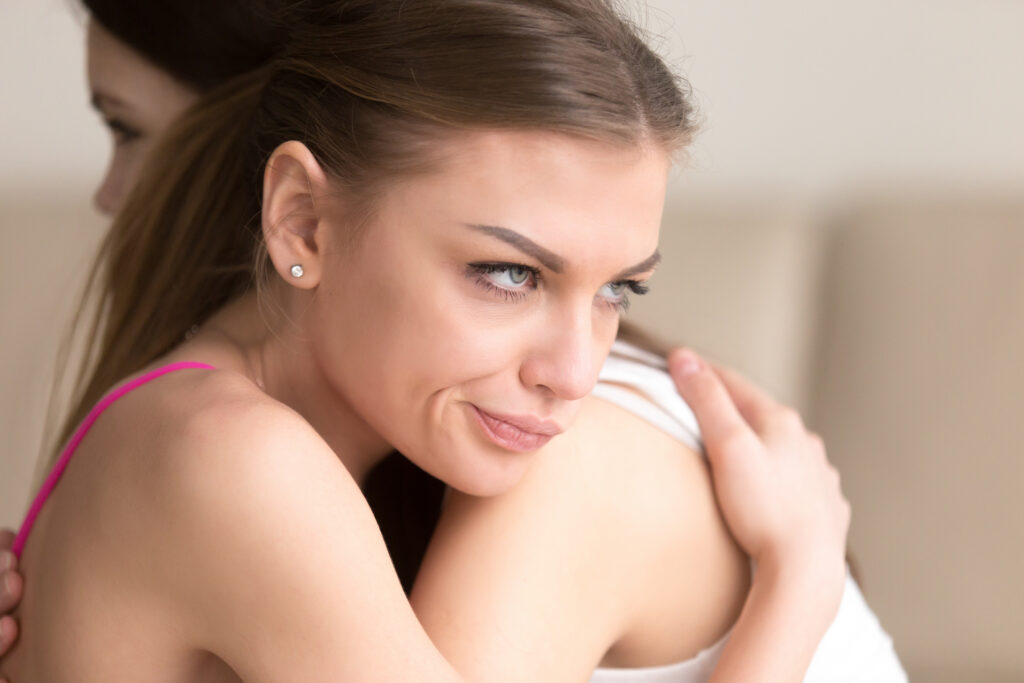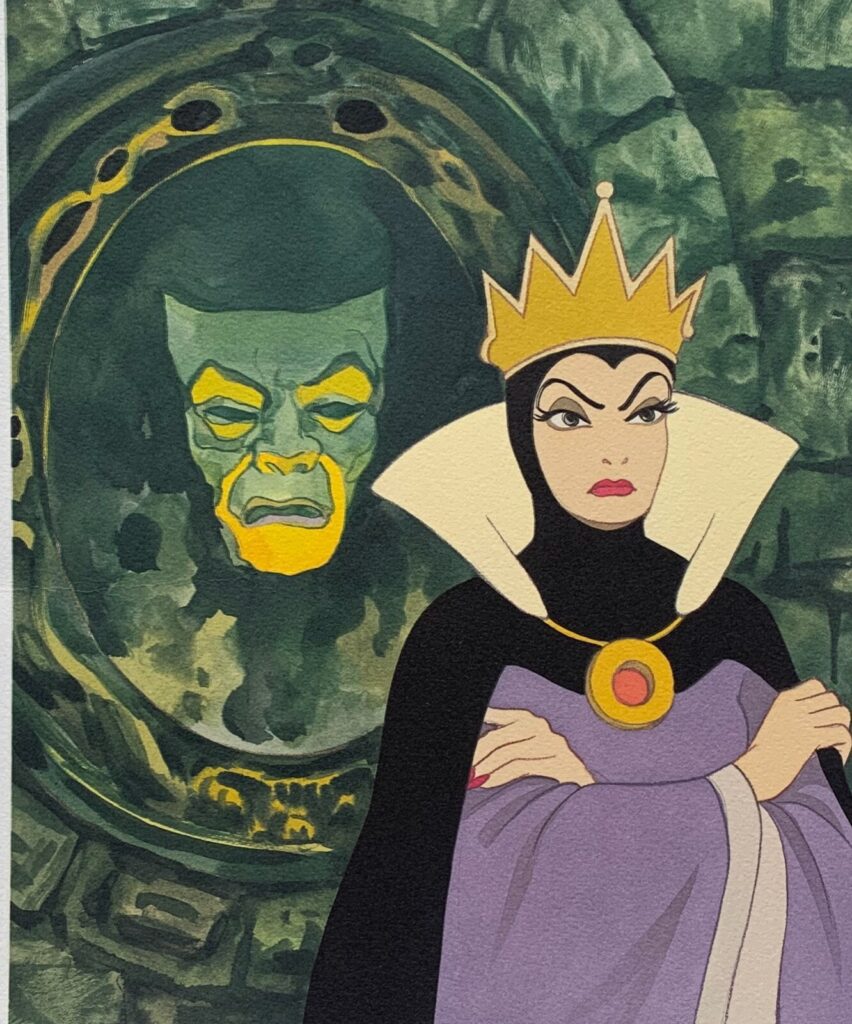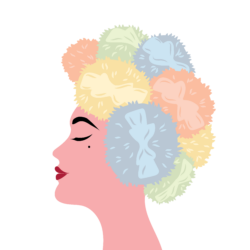If pride makes us believe we’re the fairest of them all, envy makes us quietly furious that someone else is.
In the world of beauty, envy can arrive as a hiss or glare, but often, it shows up gradually, scrolling late at night through filtered faces, zooming in on someone’s skin texture, dissecting what you don’t have and they effortlessly do. Envy is one of the deadliest sins because it wants what someone else has and it resents them for having it. And in the beauty world, where faces become both identity and currency, envy can be especially insidious.

The Makeup Counter Mirror
Consider this: A woman approaches the makeup counter, asking for the exact blush her coworker wears because “she just always looks so radiant.” The request seems innocent. But beneath it might lie a deeper urge to embody the coworker’s confidence, ease, or perceived desirability. What she really wants isn’t the blush. It’s what the blush seems to do for someone else.
We envy not just features, but the social rewards they seem to unlock.
Envy Onscreen
In Snow White, the Evil Queen is envy incarnate. Her rage is that Snow White is beautiful and her beauty makes the Queen irrelevant. She doesn’t simply want to be the most beautiful; she wants to erase anyone who threatens that title.
In Black Swan, Nina spirals into obsession and breakdown from the presence of Lily, a freer, looser dancer who embodies everything Nina suppresses. The beauty Lily radiates (effortless, sensual, chaotic) becomes intolerable for Nina, because she’s untouched by Nina’s tortured striving.
Envy, especially among women in media, is often portrayed as a kind of psychological unraveling—proof that admiring someone else’s beauty too much can turn into a self-destructive spiral. But in real life, it’s often more subtle: little internalized slights, shifts in self-worth, a dwindling of joy when someone else shines.

The Psychology of Envy
Psychologist Melanie Klein theorized that envy is different from jealousy. Jealousy fears losing something. Envy despises the fact that the other person has it at all. In beauty culture, this plays out in passive-aggressive remarks (“She wears a lot of makeup”), or the impulse to buy everything an influencer uses because you want their life, not because you need their products they endorse.
Makeup, then, becomes both a weapon and a shield. We use it to compete, to deflect, to imitate. Sometimes, we paint ourselves to to chase someone else’s aesthetic until we forget our own.
The antidote to envy is curiosity.
Ask your envy what it’s trying to teach you, not about them, but about you.
